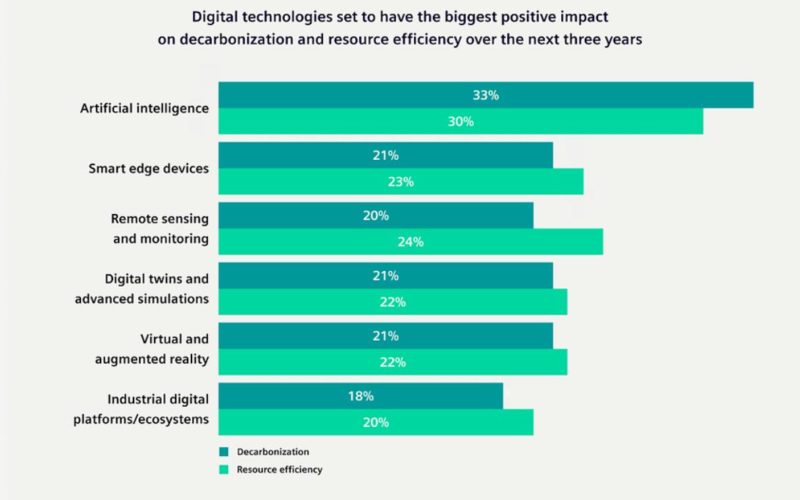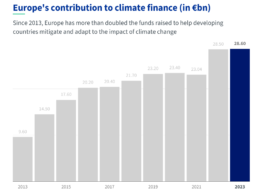A recent report from Siemens Smart Infrastructure has revealed that inadequate data access and availability pose a significant barrier to organisations’ decarbonisation efforts, despite 54% of surveyed companies reporting mature or advanced data-driven operations.
The report, titled ‘Digital Transformation, Sustainable Returns: The New Pathway of Infrastructure’, surveyed 650 senior executives to explore how digitalisation can accelerate decarbonisation and transform infrastructure in energy, buildings, and industrial operations. The findings emphasise that while progress has been made, a vast untapped potential remains, particularly in leveraging data and digital technologies for sustainability goals.
Digital platforms are seen as transformative, offering benefits like scalability, cost efficiency, faster implementation, and interoperability. Over half of respondents (55%) recognised digital technologies as having significant potential to decarbonise operations. However, 45% were less optimistic, indicating gaps in understanding the role of digitalisation in sustainability.
Despite advancements, data gaps remain a major hurdle. Respondents reported lacking key data types essential for decarbonisation. As many as 44% respondents lack emissions data, 46% lack machinery performance data and 30% lack energy consumption data. Even when data is available, organisations face challenges integrating and analysing it effectively, highlighting the need for improved data management practices.
Artificial intelligence (AI) emerged as the most impactful technology for advancing decarbonisation and resource efficiency, with 33% of respondents identifying it as a game-changer over the next three years. Other critical solutions include IoT, digital twins, smart grids, and edge technologies.
“Digitalisation is a powerful enabler of sustainability, and decarbonising our buildings, grids and infrastructure is within reach with solutions that exist today. For example, with IoT driving down the cost of smart building technologies, we can connect systems, reduce energy use, and unlock massive savings,” said Thomas Kiessling, CTO of Siemens Smart Infrastructure.
He added, “To accelerate decarbonisation and meet critical climate targets, we must harness digital technologies like AI and IoT in a more transformative way. The solutions exist, the savings are clear – there is no reason not to act now.”






















